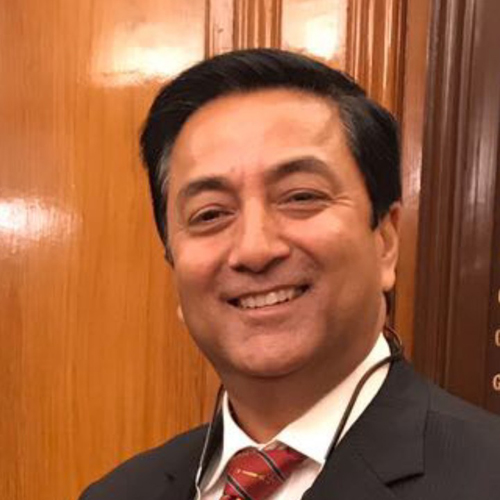Opinion
Another man at the helm
One month after Prime Minister KP Oli was sworn in, Nepal entered a new political and administrative structure and setup. To sustain the momentum, political stability, economic enhancement and security arrangements are required.
Binoj Basnyat
One month after Prime Minister KP Oli was sworn in, Nepal entered a new political and administrative structure and setup. To sustain the momentum, political stability, economic enhancement and security arrangements are required. Currently, there are three things on the minds of the people: nationalism, stability and optimism. These desires are herculean tasks, but they can be accomplished if they are well planned, given a schedule and delivered through new structures and incorruptible decision makers. The Oli administration gives the impression that it is going to act decisively. But a fundamental question remains: Can the new administration deliver good governance with kleptocracy at its worst?
Social transformation and gender equality have been well addressed in the constitution, but implementation is the challenge. It cannot be denied that the electocratic practice was at its best even if signs of violence were observed. But electocracy is not democracy, it is a process of substantial democracy and elections are exemplary democratic practices for the future. There are two things that need to be done to make the elections more effective: Digitalising the system of casting votes to avoid invalidity and enabling all Nepali citizens to cast their ballots from wherever they may be living in the world during election season.
KP Oli’s policy reforms will play an important part when the new government is trying to deliver the promises made to the people. The concept of reform for development and prosperity is through peace and stability, good governance and zero tolerance to corruption. Oli’s policy reveals that the government’s target is to reform the economy by focusing on creating an environment for domestic and and foreign investment, executing the constitution with an efficient administration, and addressing human security with an emphasis on energy security, food security, health security, water security and political security. One of the five decisions that KP Oli took on his first day in office was to establish technical schools in all municipalities and rural municipalities in two years.
As Nepal embraces democracy through a hard-won constitution, corruption has permeated all levels of the public and private sectors. Corruption can ruin and destabilise democracy and asphyxiate the economic revolution. Corruption is present in almost all public institutions and is impacting the poor and the people in general; and if it persists, it can contribute to social and economic instability. The question on everyone’s mind is getting government services without having to pay a bribe, knowing someone important or paying some network or cartel.
The 2016 Corruption Perceptions Index published by Transparency International placed Nepal in the 131st position among 176 countries. Denmark was placed first (least corrupt) and Somalia came last (most corrupt). The causes of corruption in Nepal are an unaccountable government leading to a fall in public trust in government, lack of oversight, poverty, illiteracy and poor education, unemployment, greed, insecurity and shrinking space for civil society, discouraging anti-corruption action, high profile corruption scandals and lack of quality services.
With the country operationalising a new federal system and economic decentralisation, there are high chances of politicians trying to recover their campaign expenses by repaying favours. What the government should do to address this serious issue is create employment, raise public wages, implement effective surveillance, encourage the Commission for the Investigation of Abuse of Authority (CIAA), punish and bring to justice organisations that support political representatives with money earned through illegal means like drug trafficking and cartels, hold people’s representatives accountable, commend merit-based government service, and prevent the practice of obtaining power, influence or personal gains through money or favours. An impartial civil society and an independent media should act as genuine watchdogs.
Capitalising on Nepal’s strategic position will help to further development given the rising interest of the big powers. Nepal should concentrate on being a trade hub, energy supplier and security cushion in the Himalaya by focusing on building strategic infrastructure and effective networking. Notably, Nepal will have to distance herself from the growing geopolitical contest and its influence in South Asia. On occasion, the country has become entangled in power dynamics, and it has not been able to obtain decisive policy choices that are necessary for its own economic development and national security. Nepal must pursue Nepal Vision 2030, a fourfold strategy including democratisation, development, reconciliation and human security to fulfil the people’s aspirations.
Basnyat is a retired Army Major General and holds an MPhil degree




 16.33°C Kathmandu
16.33°C Kathmandu










